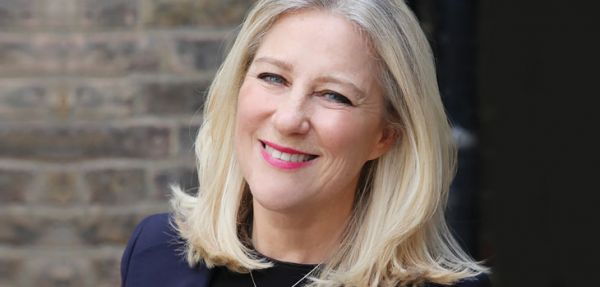
An alarming 30% of barristers say they are experiencing financial hardship due to COVID-19, and more than half expect to in future, according to the latest Bar Council research
Although the
courts are conducting hearings remotely where possible and continuing to hold
essential hearings in person, practitioners have experienced a major drop-off
in hearings and other work, the Bar Council said. 3,470 barristers (20% of the
total) responded to its survey, published this week.
The survey
found 65% of self-employed barristers have seen a reduction in work―the typical
barrister has gone from working more than 50 hours to fewer than 18 hours per
week.
However, only
14% of the self-employed bar are applying for the government’s rescue scheme
(the self-employed income support scheme (SEISS)), and only five per cent said
they would apply for the Coronavirus Business Interruption Loan Scheme.
Regarding the loan scheme, the survey reported ‘considerable reluctance to take
on further debt when it is unclear when and how it can be paid back. Those who
become bankrupt are prohibited from practising at the Bar’.
Applicants for
SEISS grants must have filed a 2018/19 tax return, been self-employed before 6 April
2019, earn more than 50% of income through self-employment and have an annual
trading profit of less than £50,000.
In terms of
business sustainability, 53% of self-employed say they can’t survive six months
under current conditions without financial aid of some sort, and 74% can’t
survive a year. The situation is worse for the criminal bar, where 31% of
barristers say they would not last three months without financial aid, 69%
would not last six months and 88% would no longer be practising within a year.
Barristers in
the first seven years of practice are the most vulnerable―83% say they can’t
survive a year under current conditions without financial aid.
Amanda Pinto
QC, Chair of the Bar Council (pictured), said: ‘Barristers and others involved in the
justice system are rightly classed as key workers by the government, because
they are essential to ensuring that justice continues to be delivered for the
public, despite the pandemic.
‘A threat to
the barristers’ profession survival is a threat to the future of our justice
system… we might very well find there are no barristers left to help pick up
the pieces of the justice system after the crisis subsides.’
The Bar
Council has called on the Treasury to expand its rescue scheme to increase the
threshold above £50,000 trading profit for self-employed barristers so that
more of the junior bar will be eligible, and to allow different types of
evidence for the self-employed scheme so that those without 2018/19 tax returns
can apply. It is also calling for an urgent rescue package for those at the
publicly funded bar who are ineligible for the self-employed scheme.









